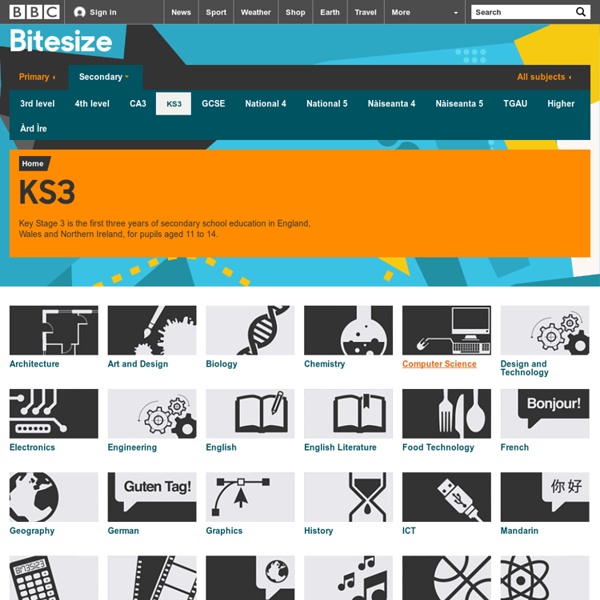



A Strategy for Reading Textbooks - Study Skills SQRW is a four-step strategy for reading and taking notes from chapters in a textbook. Each letter stands for one step in the strategy. Using SQRW will help you to understand what you read and to prepare a written record of what you learned. The written record will be valuable when you have to participate in a class discussion and again when you study for a test. Survey. Question. Read. Write. As you practice using SQRW, you will find you learn more and have good study notes to use to prepare for class participation and tests. HINT: Once you complete the Survey step for the entire chapter, complete the Question, Read, and Write steps for the first heading.
MERLOT Pedagogy Portal Christopher Thornton I've had loads of people asking why I only target C grades in some of my videos, asking if they're relevant to them, and requesting more higher tier content. This video explains how it all works and why I've organised things in the way I have. Try the Snapquiz: Get the app at: Download a revision guide for Kindle at Revision Tips-How to study & revise effectively in exams perspective Theoretical subjects like biology, medicine and other social sciences. require more of memorisation besides understanding. So Try to revise the topic using a diagram or picture concerned so that you remember the topic well in connection with it. Biology: Revision is of prime importance in biology branches like zoology, botany, biochemistry, microbiology you have varied topics. In Zoology: You may face problems in different classes of animal, their sub-divisions like mammals, reptiles, aves (birds), fishes, amphibians, reptiles, insects etc. In Botany: Here you come across different classes of plants which have differences in their life span, seedling or reproduction method etc. Revise the scientific and medical terminology along with its meaning as this can enhance memory of the term. In Science many terms are of Greek or other origin :-) Try to learn with some clues and image visualization. Practise the diagrams as you may need to draw, label and explain while answering.
A to Z Teacher Stuff For Teachers FREE online lesson plans, lesson plan ideas and activities, thematic units, printables, themes, teaching tips, articles, and educational resources Changing the way you learn Get Revising KS3 CHEMISTRY Quizzes Practice Questions revision notes multiple choice quiz worksheets crossword puzzles exercises Doc B's revising for KS3 SCIENCE Doc Brown's Chemistry KS3 chemistry revision notes and practice questions KS3 CHEMISTRY and Earth Science multiple choice revision QUIZZES I appreciate SAT levels have gone, but I hope these KS3 chemistry Quizzes will still be of some use. Although I've already produced some combined KS3 chemistry quizzes, I welcome suggestions from teachers so I may produce useful compilation KS3 chemistry quizzes suitable for any school doing KS3 chemistry and any KS3 chemistry scheme of work now that the KS3 chemistry levels and KS3 chemistry SAT exams have gone. SEE ALSO the KS3 Science Quiz compilations 20 Question multiple choice QUIZ on ORGANISMS, BEHAVIOUR and HEALTH 20 Question multiple choice QUIZ on CHEMICAL and MATERIAL BEHAVIOUR 20 Question multiple choice QUIZ on ENERGY, ELECTRICITY and FORCES 20 Question multiple choice QUIZ on THE ENVIRONMENT, EARTH and UNIVERSE KS3 Chemistry and Earth Science Multiple Choice Questions KS3 science-CHEMISTRY 7E Acids and alkalis